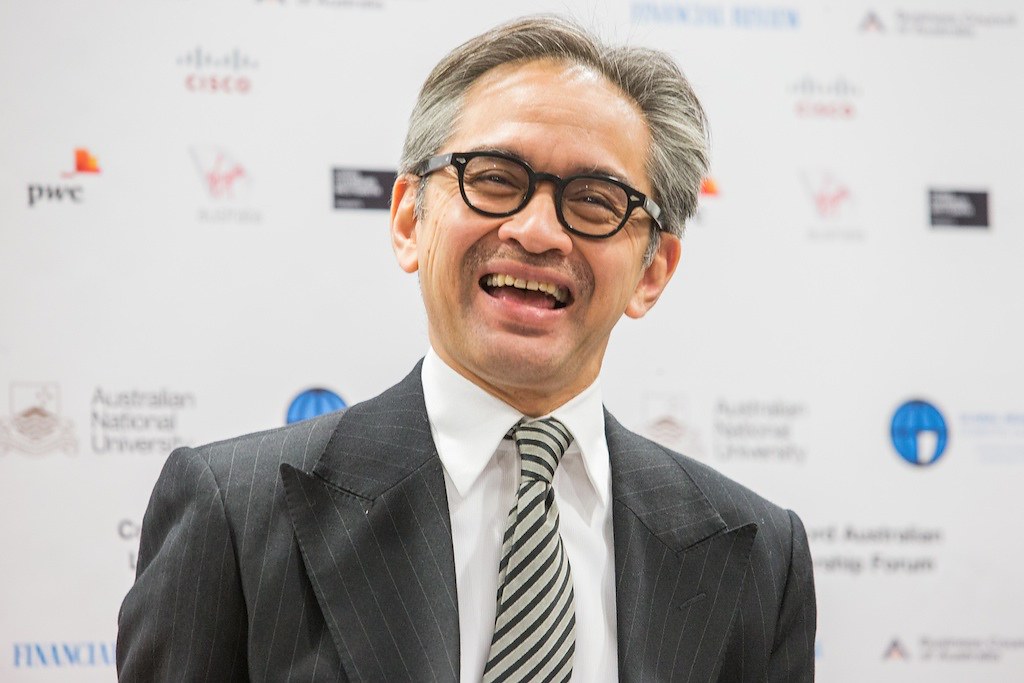A plan to cap the number of international students in Australia comes at a time when local universities are facing one of their steepest declines in global rankings. The latest edition of the Times Higher Education World University Rankings, released last week, revealed the worst positions for some Australian institutions in more than two decades.
Experts are concerned that the limits on international student enrolments starting in 2025 could threaten both the diversity and financial sustainability in Australia’s higher education sector, both as one of the country’s largest exports and in enhancing Australia’s soft power within the region.
As a university lecturer in Indonesia teaching Australian politics and foreign policy for more than 15 years, I frequently engage my students in discussions about their impressions of Australia. When asked whether they view Australia as a friendly and persuasive country, many of my students point to education as their primary association with the neighbouring nation.
But the cap could be seen as a deterrent to engagement and feed regional resentment. This is the opposite outcome to what Australia should be seeking. As tensions escalate in the Indo-Pacific, soft power – through education, diplomacy, and cultural influence – becomes increasingly vital in maintaining influence without resorting to military means.
Hundreds of my students regard the chance to pursue higher education as among their foremost impressions of Australia.
Australia’s international education sector has long been one of its most effective tools for building strong diplomatic ties in the Indo-Pacific. International students do not just contribute financially – they foster long-term human connections and goodwill that enhance Australia’s influence.
We cannot want for a future where Indonesian leaders no longer have Australian universities as part of their formative experiences. Indonesian alumni of Australian universities includes figures such as Marty Natalegawa, a former foreign minister, Boediono, a former vice president, Pratikno, the current minister of state secretariat, and Meutya Hafid, who is expected to have a ministerial role in incoming president Prabowo Subianto’s new cabinet. There are many more examples. If this educational pathway shrinks, it could weaken Australia’s influence and its relationship with Indonesia.

Hundreds of my students regard the chance to pursue higher education as among their foremost impression of Australia. For Indonesian students, Australia ranks among the top destinations for obtaining a master’s or higher research degree. Additionally, for those from more affluent backgrounds, Australia is also a popular choice for undergraduate studies.
Between 2013 and 2022, 2,044 Indonesian students received scholarships to study at Australian universities. Although this number is small when compared to the influx of students from China and Vietnam, it highlights Australia’s significance for Indonesians as a prime destination for higher education. The steady flow of Indonesian students to top Australian institutions such as the University of Melbourne and Monash University underscores the high regard Indonesians have for Australia’s academic reputation. This reflects long-standing educational and cultural ties between the two nations.
But the cap on international student numbers could challenge Australia’s ability to remain a preferred choice for Indonesians, and potentially undermine its influence in the Indo-Pacific region.
The true value of international education extends beyond being “tediously mercenary” about the numbers and financial contributions it brings to Australia. It plays a crucial role in building human connections and fostering goodwill, which translate into long-term diplomatic and cultural ties with the region.
Given the importance of education to Australia’s soft power in the Indo-Pacific, it is crucial that the government rethinks its student cap. While recent drops in global university rankings may be attributed to factors like reduced international enrolments and financial pressures, the upcoming cap could exacerbate these issues, further harming Australia’s higher education sector.
Over time, this policy could erode the trust and goodwill that Australia has built through decades of educational exchanges, pushing prospective students to seek opportunities in other countries with fewer restrictions. This would damage Australia’s ability to attract top talent and potentially weaken Australia’s regional influence.
A more flexible and inclusive approach is needed.

